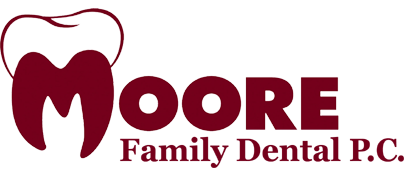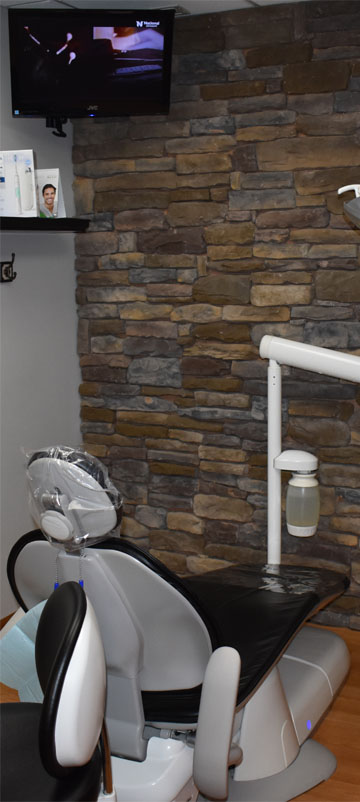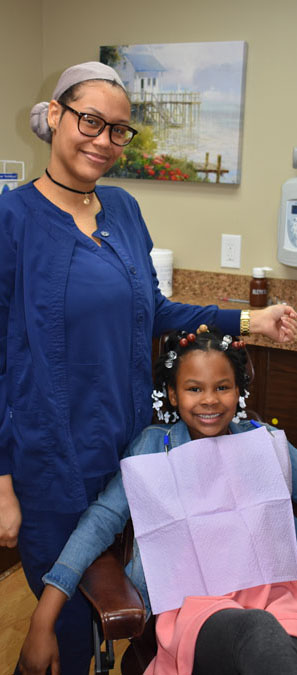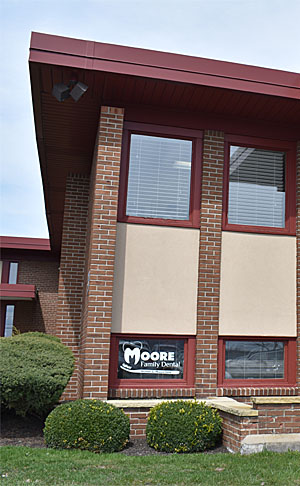 You may wonder why you’re suddenly getting cavities when you haven’t had them in years. As we get older, we enter a second round of cavity prone years. One common cause of cavities in older adults is dry mouth. Dry mouth is not a normal part of aging. However, it is a side-effect in more than 500 medications, including those for allergies or asthma, high blood pressure, high cholesterol, pain, anxiety or depression, Parkinson’s and Alzheimer’s diseases. This is just one reason why it’s so important to tell us about any medications that you’re taking. Our dentists can make recommendations to help relieve your dry mouth symptoms and prevent cavities. Here are some common recommendations:
You may wonder why you’re suddenly getting cavities when you haven’t had them in years. As we get older, we enter a second round of cavity prone years. One common cause of cavities in older adults is dry mouth. Dry mouth is not a normal part of aging. However, it is a side-effect in more than 500 medications, including those for allergies or asthma, high blood pressure, high cholesterol, pain, anxiety or depression, Parkinson’s and Alzheimer’s diseases. This is just one reason why it’s so important to tell us about any medications that you’re taking. Our dentists can make recommendations to help relieve your dry mouth symptoms and prevent cavities. Here are some common recommendations:
- Use over-the-counter oral moisturizers, such as a spray or mouthwash.
- Consult with your physician on whether to change the medication or dosage.
- Drink more water. Carry a water bottle with you, and don’t wait until you’re thirsty to drink. Your mouth needs constant lubrication.
- Use sugar-free gum or lozenges to stimulate saliva production.
- Get a humidifier to help keep moisture in the air.
- Avoid foods and beverages that irritate dry mouths, like coffee, alcohol, carbonated soft drinks, and acidic fruit juices.
- We may apply a fluoride gel or varnish to protect your teeth from cavities.
Gum Disease
Many older adults have gum, or periodontal disease, caused by the bacteria in plaque, which irritate the gums, making them swollen, red and more likely to bleed. One reason gum disease is so widespread among adults is that it’s often a painless condition until the advanced stage. If left untreated, gums can begin to pull away from the teeth and form deepened spaces called pockets where food particles and more plaque may collect. Advanced gum disease can eventually destroy the gums, bone and ligaments supporting the teeth leading to tooth loss. The good news is that with regular dental visits gum disease can be treated or prevented entirely.



